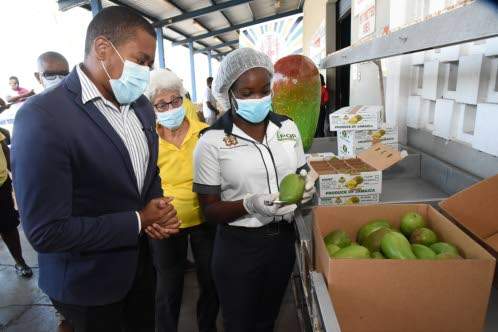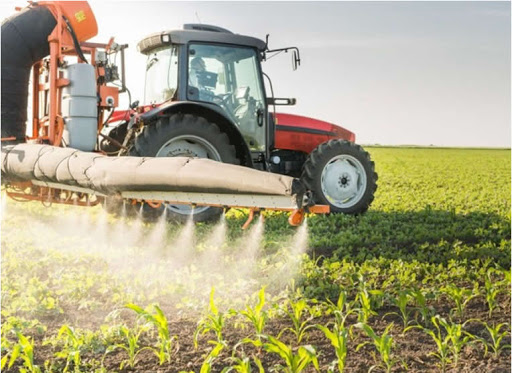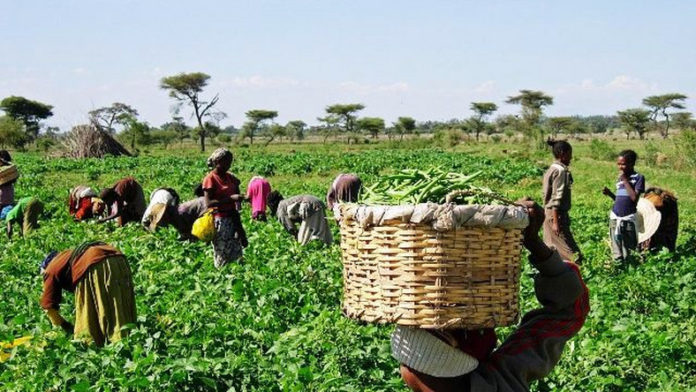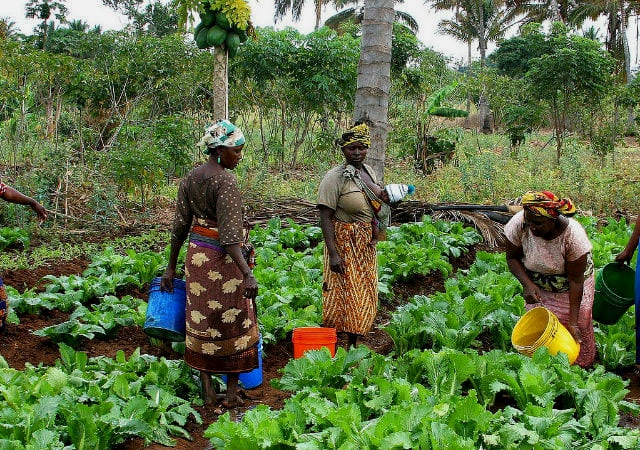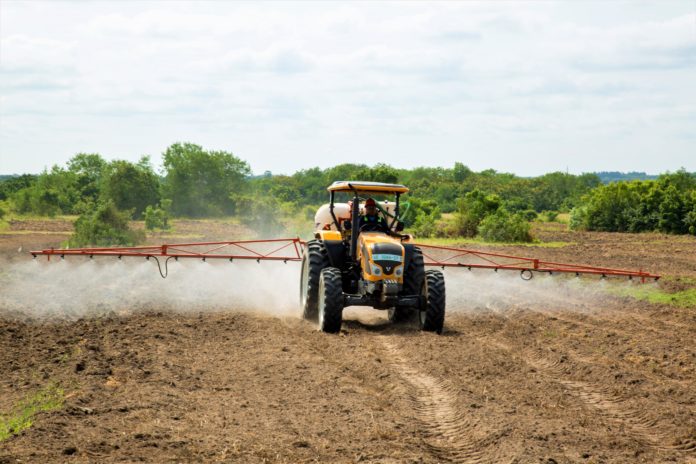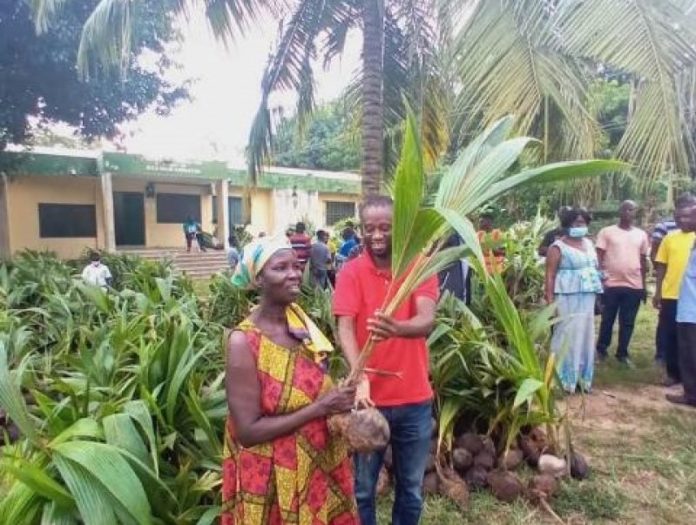Kenya is ready to resume a multi-billion shilling mango export business to the European Union (EU) market in September, after an eight-year self-imposed ban resulting from interceptions due to fruit flies.
The EU approved the resumption of exports after tests showed reduced levels of pest incidence.
The move is a big boost to thousands of families that rely on the mango tree for their livelihoods, with the country earning close to Sh5 billion in foreign exchange reserves at the peak of its export to the European market.
To maintain the market standards, the Kenya Plant Health Inspectorate Service (Kephis), the government body responsible for quality assurance of agricultural inputs and produce, is developing a certification protocol that will ensure mangoes are exported with zero pests.
Additionally, said Kephis Chief Inspector George Momanyi, the United States Agency for International Development (USAID) is ready to partner with the private sector to fund hot water treatment facilities to help eliminate fruit flies before export.
“What we have done is to develop a certification protocol, currently being validated by the stakeholders in the value chain,” said Momanyi.
“The tool is to ensure certification is good. We will ensure we go by it. There is the hot water treatment which USAID committed to financing part of the private sector to invest in.”
Newer technologies
Mr. Momanyi said applying newer technologies will be a game-changer in maintaining the standards. “As you eliminate the fruit fly in the farm, you may not finish it 100 percent, the hot water treatment will ensure the pests are fully eliminated,” said Momanyi.
He said the resumption of exports come at a time when there is a huge gap in the global market as the big suppliers such as China and India are in off-peak season.
“One particular advantage we have over the main suppliers is that our peak season is between November and March. We are at a point where the big producers are off-season so we need to leverage in and get into the market,” said Momanyi, noting that Kenya is ranked at between 10 and 15 in terms of production and export.
Kibwezi Agro Ltd Managing Director Mutheu Kithuma said they are not expecting challenges with quality after the resumption of exports. “For example, lower Makueni starts producing mangoes in September. This is the time when there is a gap in the global market. So we can capture this market if we capitalise on it,” said Kithuma.
The big players in the mango export market are India, China, Indonesia, and Mexico. After the self-ban, Kithuma said farmers incurred losses, prices plummeted as they only had one particular international market they were baking on.
The ban came at a time when stakeholders in the industry were conforming to markets demands. “Because of the interventions by Kephis and USAID and other key players, we have been able to create a pest-free area and we are at almost zero prevalence on fruit flies,” said Kithuma.
She noted that technological interventions will boost the sustainability of pest-free areas.

